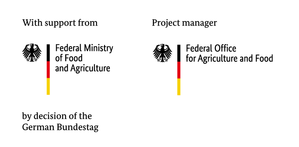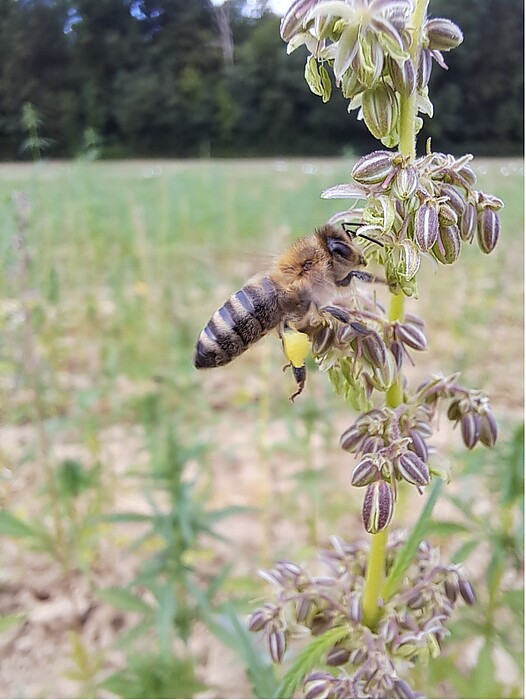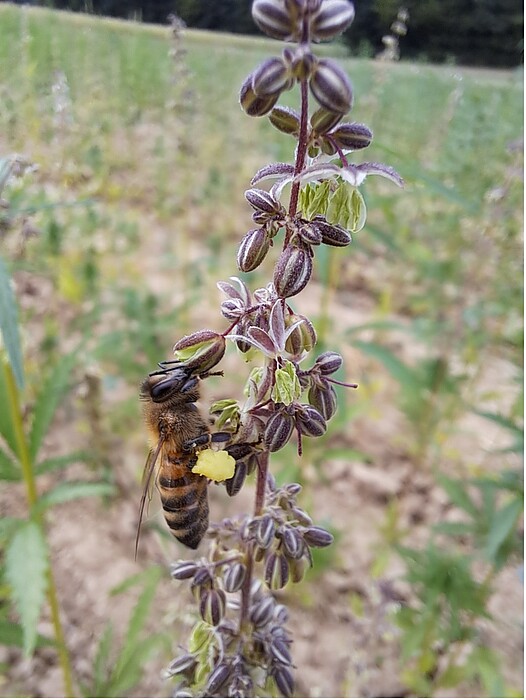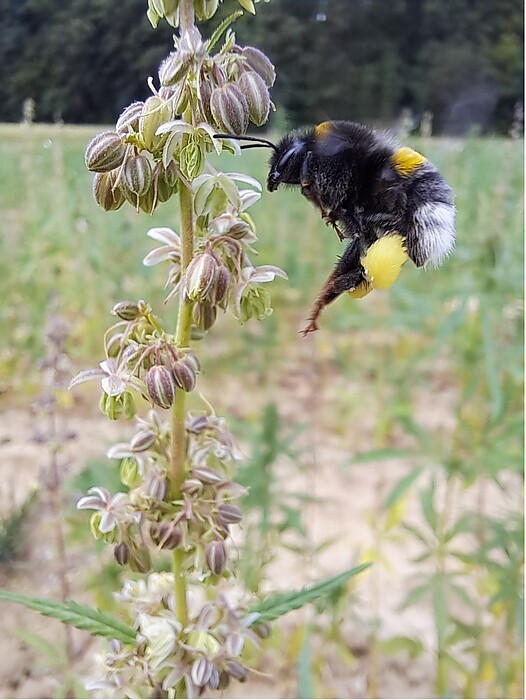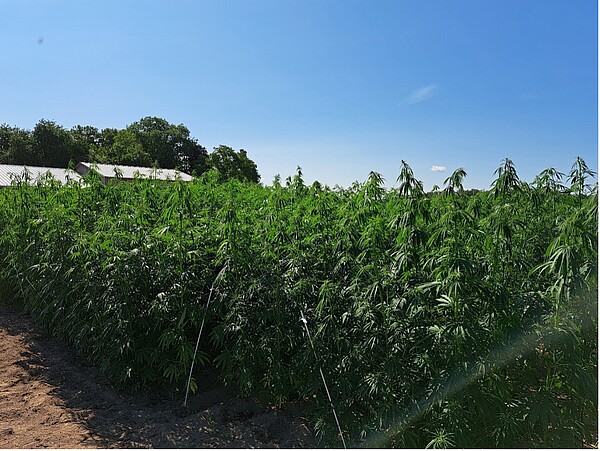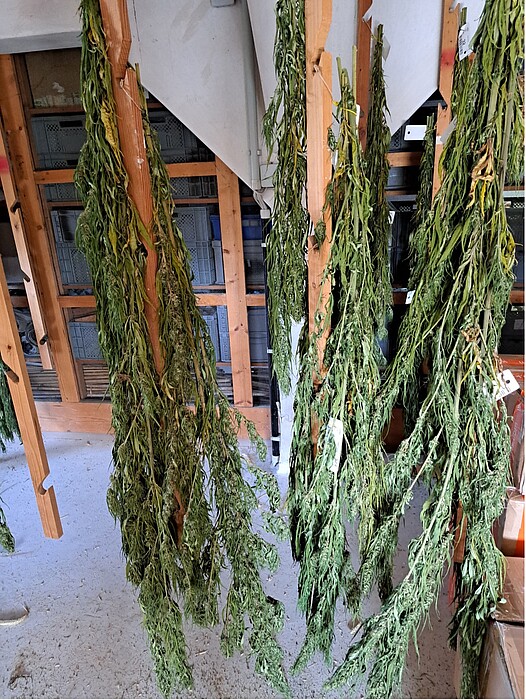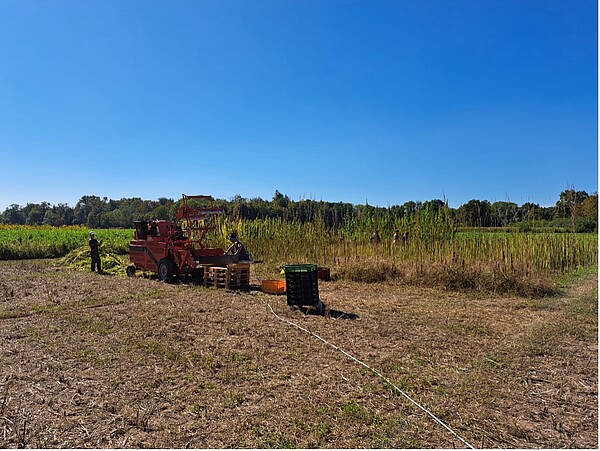Kurzvorträge und Diskussion
Ort: Universität Hohenheim, Schloss Balkonsaal
| 12:00 Uhr | Begrüßung Patrick Thorwarth, Universität Hohenheim Landessaatzuchtanstalt |
| 12:05 Uhr | Wie Hanf das Bauwesen revolutioniert Henrik Pauly, Hanfingenieur |
| 12:25 Uhr | Raum der Stille - Hanf als Baustoff für Innenräume Jens Betha, Hochschule für Technik Stuttgart |
| 12:45 Uhr | Besichtigung Raum der Stille und Fingerfood |
| 13:45 Uhr | Hanfforschung am LTZ – Das Projekt PoHaBi und bisherige Versuchsaktivitäten Vanessa Schulz, Landwirtschaftliches Technologiezentrum Augustenberg |
| 14:00 Uhr | Bioeconomy Deep Dives: Das Potential von Nutzhanf im Kontext der Bioökonomie Annkathrin Wahbi, Rootcamp |
| 14:15 Uhr | Hanfanbau ohne Schönfärberei – Ein Praxisbericht zur Ölnutzung Stefan Kerner, Erlenbacher Ölmühle |
| 14:30 Uhr | Substitution von Sojaprotein für die Lebensmittelindustrie durch nicht legume Proteine, insbesondere Hanfprotein Lothar Richter, Perconversion |
| 14:45 Uhr | Saflor – eine vielseitige Ölpflanze: Von der Züchtung bis aufs Feld, Einblicke aus dem Projekt CarthBreed und erste Praxiserfahrungen Ralf Marold, Marold - Ökologischer Samenbau GmbH & Co. KG, und Hans Peter Maurer, Universität Hohenheim Landessaatzuchtanstalt |
| 15:10 Uhr | Das Nutzhanfnetzwerk Ludwig Wreesmann, Nutzhanfnetzwerk |
| 15:25 Uhr | HANFSAATGUT-SAISON 2025 – Für jede Nutzung eine Sorte? Frank Plinke, Hahn & Karl |
Vor der Veranstaltung und in den Pausen haben Sie die Gelegenheit, kaltgepresstes Hanf- und Safloröl aus der Bio-Ölmanufaktur Marold zu probieren. Die Verkostung wird von Sigrun Müller begleitet, die Ihnen gerne Fragen zu Geschmack und Herkunft beantwortet.
Felddemonstration von Hanf und Saflor
Anschließend Fahrt zu den Hanf und Saflor Feldversuchen am Heidfeldhof
Die Fahrt zum Heidfeldhof kann entweder mit dem eigenen Fahrzeug erfolgen. Zusätzlich stehen zwei Mini-Busse zur Mitfahrt bereit.
Ort: Heidfeldhof
Adresse: Filderhauptstraße 201, 70599 Stuttgart-Plieningen
Beginn: 16:10 Uhr
Vor Ort erwartet Sie eine Führung durch die Hanf- und Saflor-Versuche mit Bernd Wortmann und Hans Peter Maurer. Im Anschluss bleibt noch genügend Zeit für Austausch, Fragen und gemeinsames Fachsimpeln direkt am Feld.
Carbon Storage
One hectare of hemp captures 9–15 tons of CO₂ — comparable to a young forest, but in just 5 months.
Interrupting Disease Cycles
Hemp disrupts disease cycles in crop rotation and suppresses weeds through rapid early growth.
Preventing Soil Erosion
Dense hemp leaves cover the soil early, reduce water loss, and prevent erosion.
Biodiversity
Hemp provides pollen in summer months, food for wildlife, and shelter for birds.
Low Pesticide Use
Hemp rarely needs pesticides — natural predators help control pests effectively.
Source: EU Agriculture
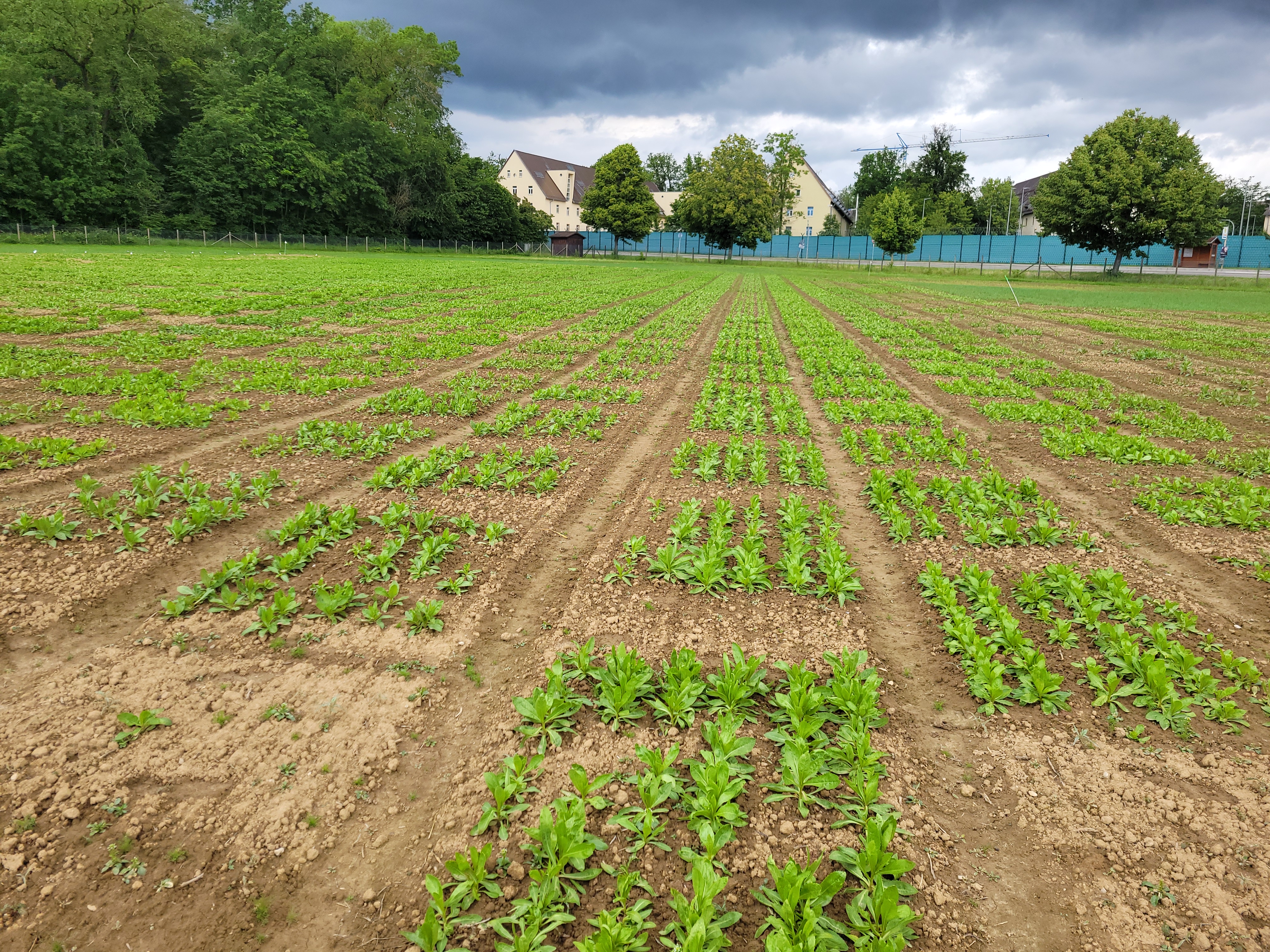
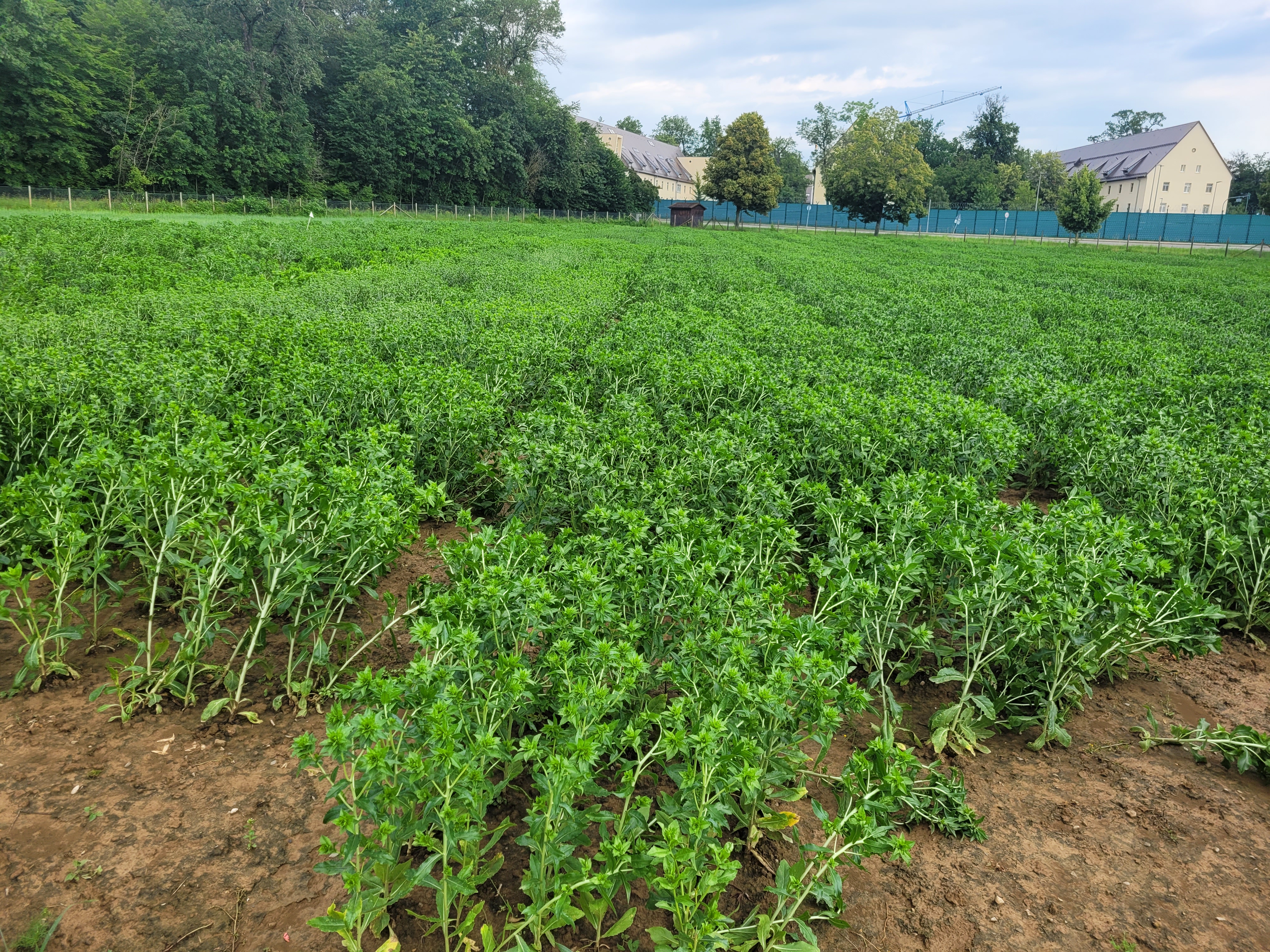
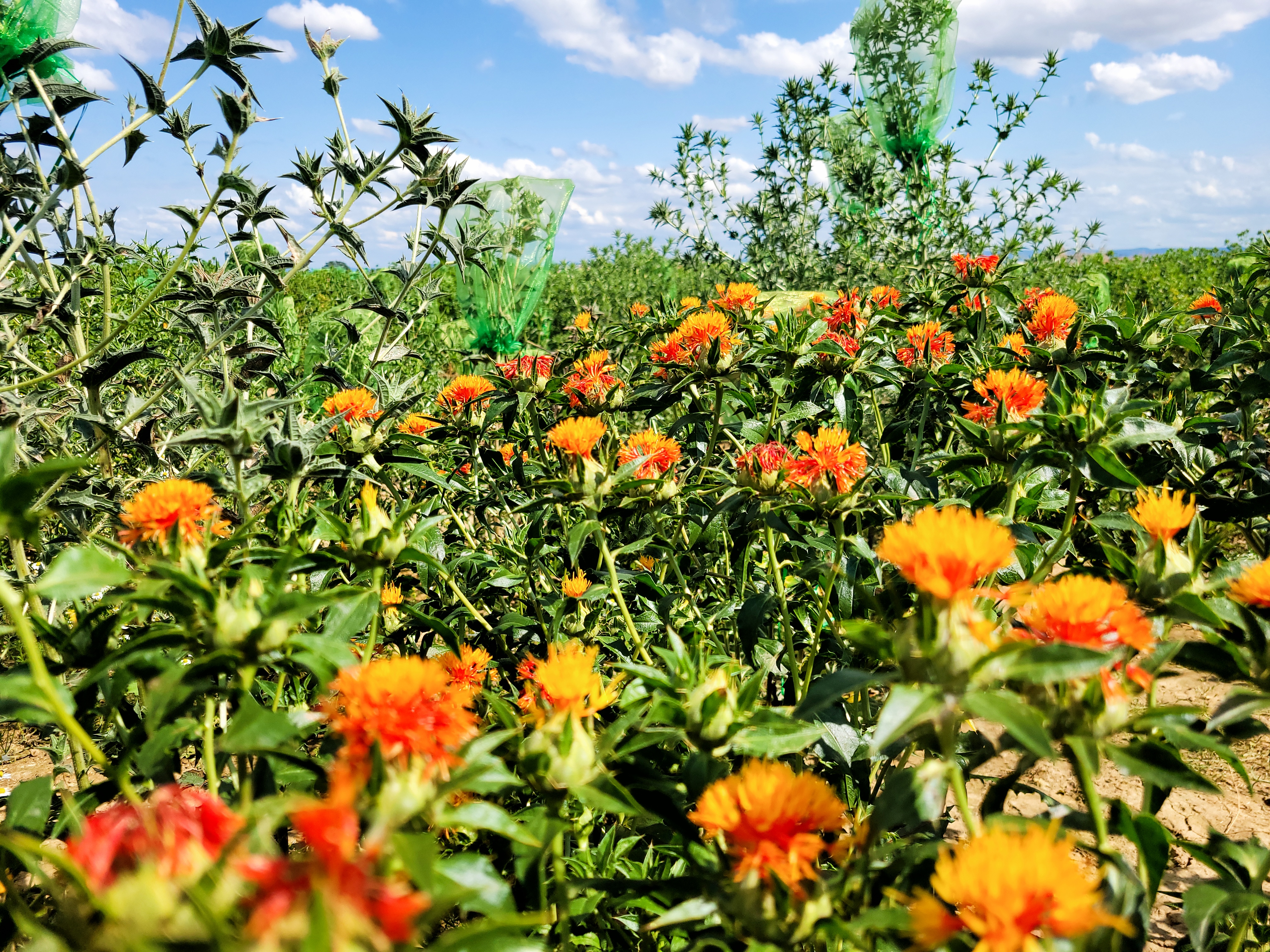
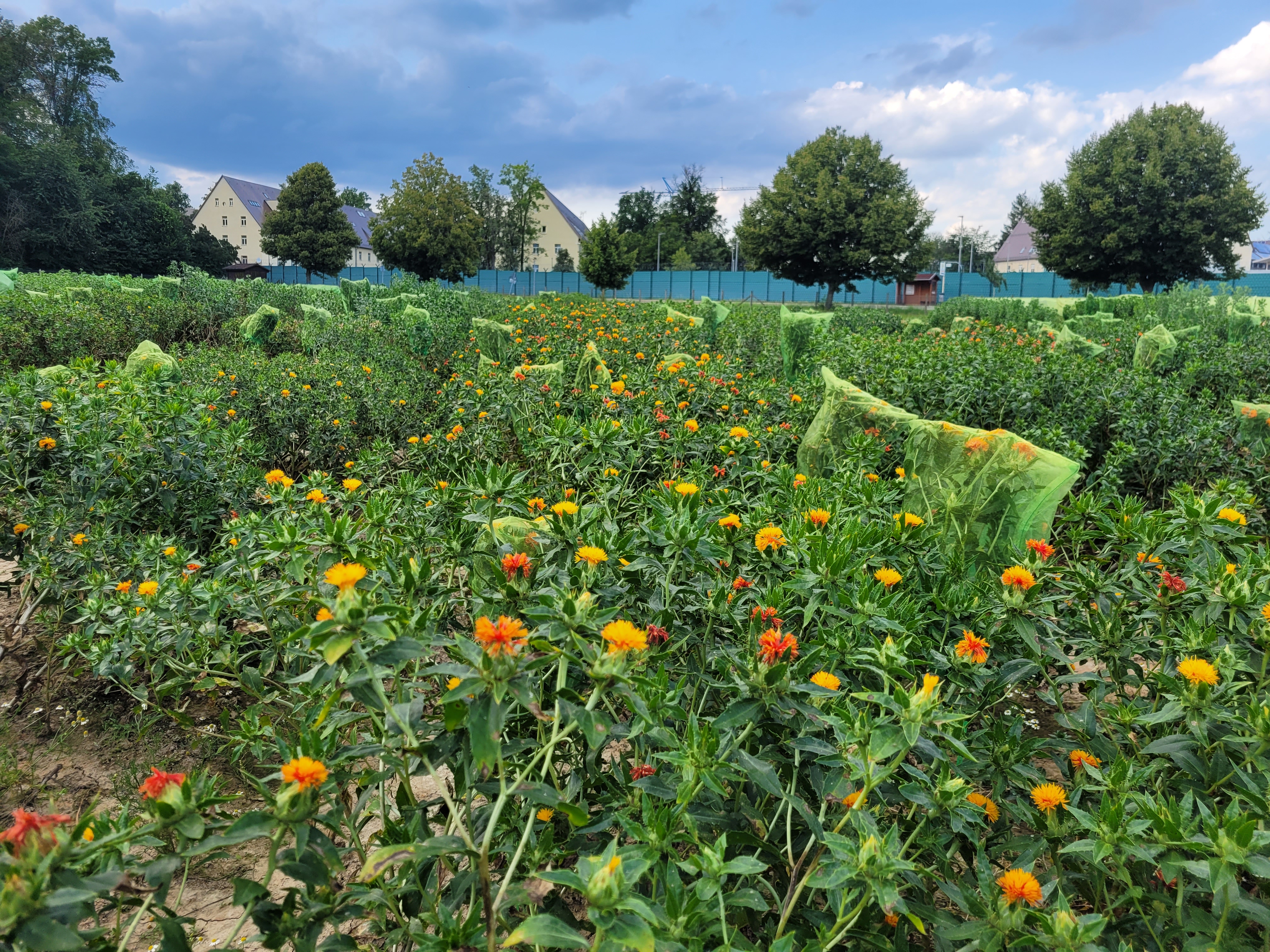
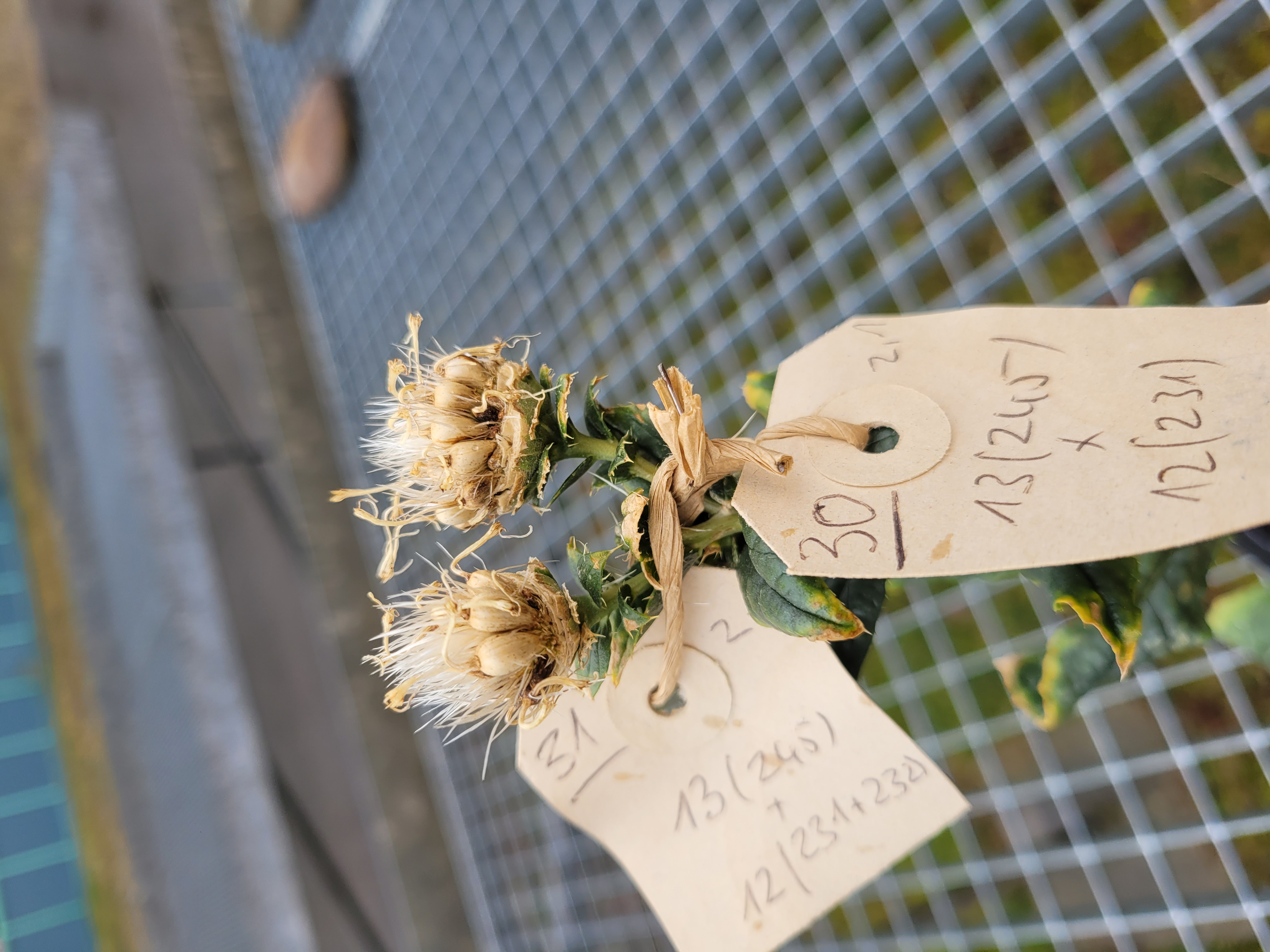
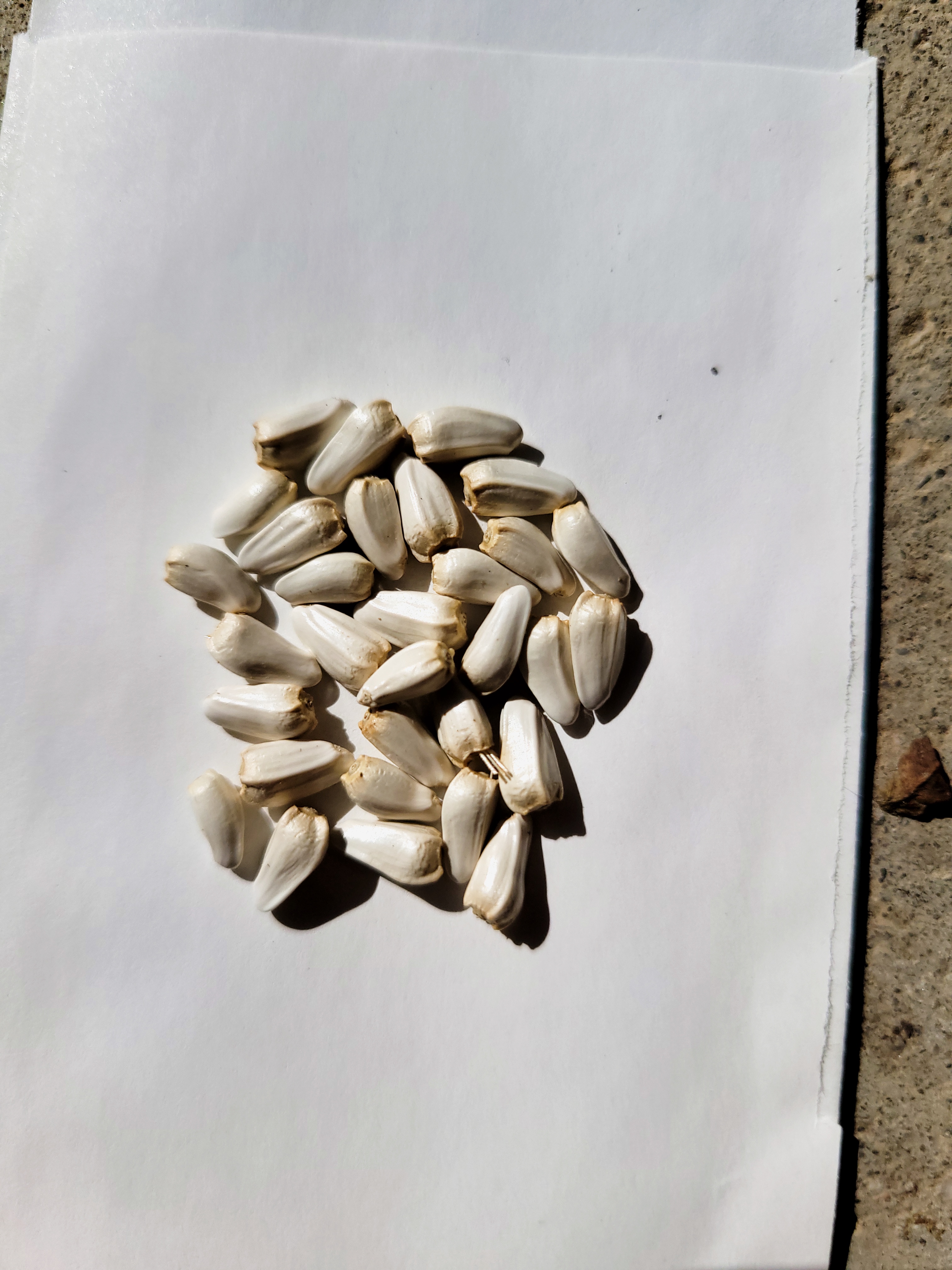


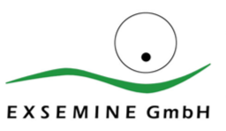 exsemine GmbH, Gert Horn
exsemine GmbH, Gert Horn Streng-Engelen GmbH & Co. KG, Dr. Carsten Reinbrecht
Streng-Engelen GmbH & Co. KG, Dr. Carsten Reinbrecht